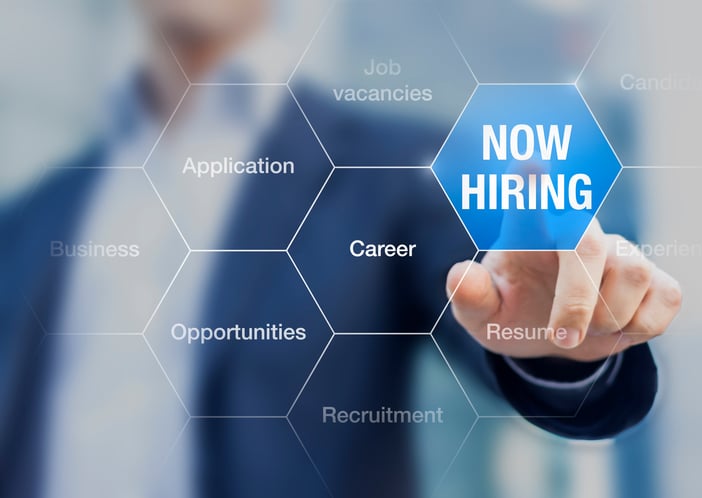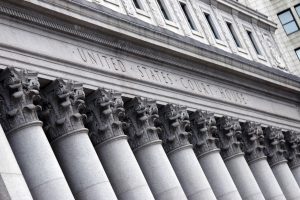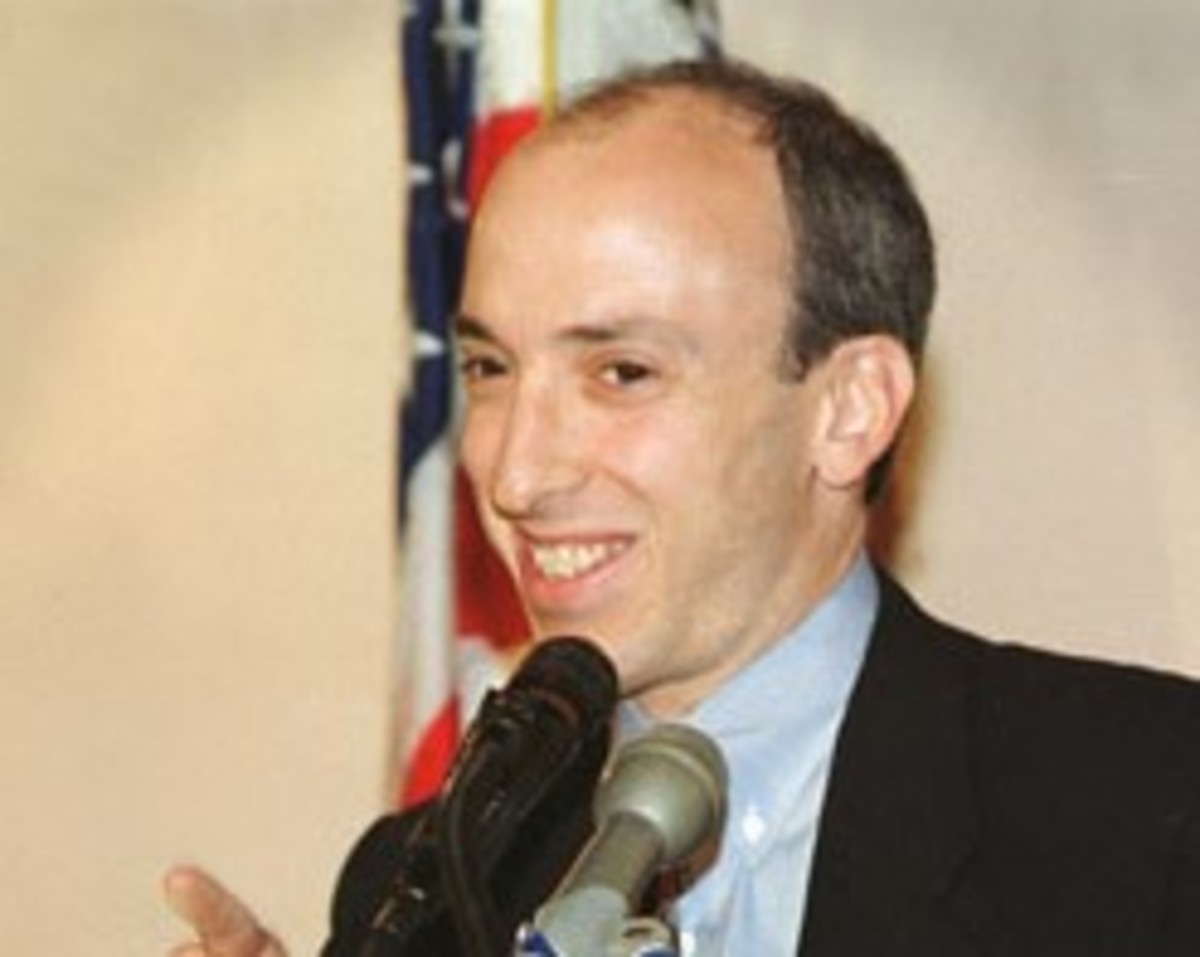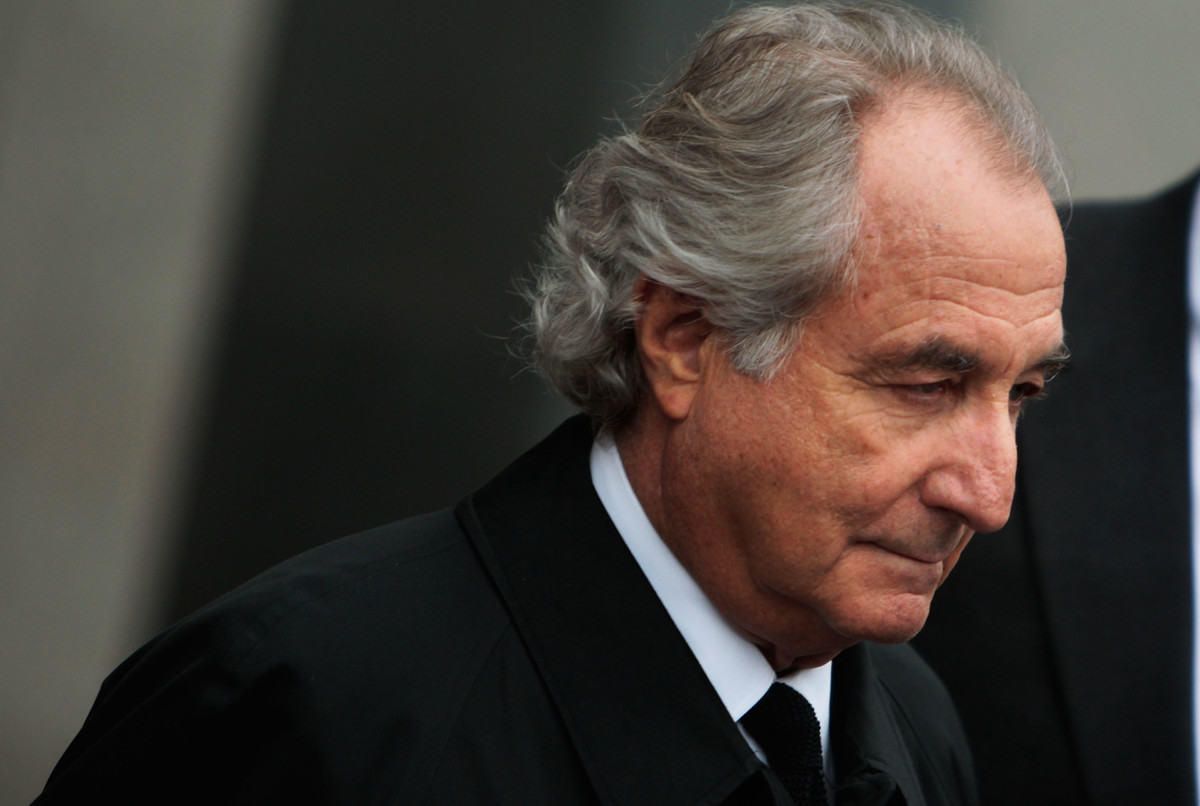
What’s it take to be a good lawyer? Ask 10 lawyers and you’d receive 10 different answers. Or would you?
Several years ago, researchers set out to answer this question. With 24,000+ responses, clear patterns emerged about the foundation a law school graduate needs to be a good entry-level lawyer. Legal knowledge matters, of course, according to the landmark study Foundations for Practice from the Institute for the Advancement of the American Legal System (IAALS). But even more prominent were skills like risk assessment, communication, and advocacy, as well as characteristics like integrity, work ethic, and resilience.
[S]uccessful entry-level lawyers are not merely legal technicians, nor merely cognitive powerhouses. Any debate that places “law school as trade school” up against “law school as an intellectual endeavor” misses the sweet spot of what legal education could be and what type of lawyers it should produce. New lawyers require cognitive ability and legal skills, but are most successful when they come to the job with the 76 foundations that make up what we have termed the “Whole Lawyer” — a much broader blend of legal skills, professional competencies, and characteristics. [project summary]
Law schools don’t teach or assess many of the foundations IAALS identified as necessary for new lawyers. While great strides have been made in the past 10-15 years, “the focus is on teaching rather than learning,” according to IAALS. Likewise, legal employers pay minimal attention to these foundations in hiring — despite insisting that they matter a great deal. Instead employers focus on traditional indicators like law school GPA (which reflects only some foundational knowledge, skills, and abilities) and law school attended.
These shortcomings of legal education and legal hiring also reflect decades of entrenchment, although the message here from IAALS is not “you’re wrong” but “we can help you do better.” Faculty sometimes fear concepts like learning outcomes or new/different types of assessment. Law schools are not rewarded by U.S. News for curricular innovation or educational quality; instead the rankings stifle creative spirit. On the employer side, hiring committees frequently make decisions using tradition and familiarity, which reinforces existing hierarchies and breeds bias. While law schools should focus on student learning regardless of the hiring criteria employers use, the fact that so many employers don’t look past the surface provides yet another hurdle to higher-quality legal education. Keeping with tradition also leads to costly retention challenges — something all organizational stakeholders, including clients, pay for.
This brings us to the announcement this week from IAALS. Under the leadership of Zack DeMeola and Logan Cornett, building on their work with the late Alli Gerkman, the IAALS team has put their empirical research to use in practical how-to guides for legal educators and legal employers.
Foundations for Hiring: How to Hire New Lawyers
The IAALS hiring guide and toolkit aim to provide a transparent, objective means for assessing new hires using the foundations research. Now, you can’t just use the IAALS process without much thought.
As IAALS puts it:
It is not intended as a list of boilerplate criteria that can be draped over an existing hiring process. Instead, it is a set of principles and recommendations geared toward hiring candidates best suited for excelling at an organization — based on that organization’s practice, vision, and goals — and increased diversity among hires that can be adapted to the specific objectives and goals of different employers.
The key is that organizations must reflect on what genuinely matters, develop data-driven and transparent hiring criteria, establish means of reaching and assessing candidates, and follow through — especially when it contradicts traditional practices. The IAALS guide and toolkit help establish the common vocabulary necessary to do this well. Wheeler Trigg O’Donnell already found that the IAALS data and process help expand the pool of applicants, find new hires who meet their needs, and retain these hires with greater success. A clear vision from firm leadership, collaboration among internal stakeholders, and key allies at IAALS led to meaningful change.
Foundations for Teaching: How to Educate Future Lawyers
The IAALS instructional design guide helps law schools develop learning outcomes and assessments consistent with their mission, values, and place in the job market. Learning outcomes are the promises law schools make to students, employers, and the public about the knowledge, skills, or abilities its graduates will possess.
As part of this release, IAALS developed model learning outcomes that demonstrate how a law school can use the 76 foundations to design a modular curriculum that will meet the needs of a rapidly-shifting legal market. Such a data-driven approach might provide graduates an advantage in getting their first job, but it will certainly advantage those graduates as they establish their careers.
IAALS is careful to point out that law schools will not need to completely overhaul their curriculums. Instead, the IAALS process is collaborative and will help schools to comprehensively define the many parts of their unique legal education experience. From this process, schools can map their curriculums and identify gaps in learning and assessment. When done in concert with employers, schools can know that their students are getting a head start in practice.
An Uphill Battle
While there is an ally on every law school faculty, the question is how to take more intentional teaching from the course level, on a course here and there, to the curricular level. There remain many opportunities in legal education to apply empirical data to improve what faculty already do and to connect coursework to the school’s overall program and mission. Doing so will provide more assurance to employers, clients, and the public more broadly that a JD reflects the promises schools make.
Schools, employers, and clients share responsibility here, but the benefits cannot be clearer. Following the processes outlined by IAALS will help employers to hire lawyers who genuinely meet their needs and schools to educate students effectively and efficiently.
Kyle McEntee is the executive director of Law School Transparency, a 501(c)(3) nonprofit with a mission to make entry to the legal profession more transparent, affordable, and fair. You can follow him on Twitter @kpmcentee and @LSTupdates.







 Jordan Rothman is a partner of
Jordan Rothman is a partner of 






 Jill Switzer has been an active member of the State Bar of California for over 40 years. She remembers practicing law in a kinder, gentler time. She’s had a diverse legal career, including stints as a deputy district attorney, a solo practice, and several senior in-house gigs. She now mediates full-time, which gives her the opportunity to see dinosaurs, millennials, and those in-between interact — it’s not always civil. You can reach her by email at
Jill Switzer has been an active member of the State Bar of California for over 40 years. She remembers practicing law in a kinder, gentler time. She’s had a diverse legal career, including stints as a deputy district attorney, a solo practice, and several senior in-house gigs. She now mediates full-time, which gives her the opportunity to see dinosaurs, millennials, and those in-between interact — it’s not always civil. You can reach her by email at